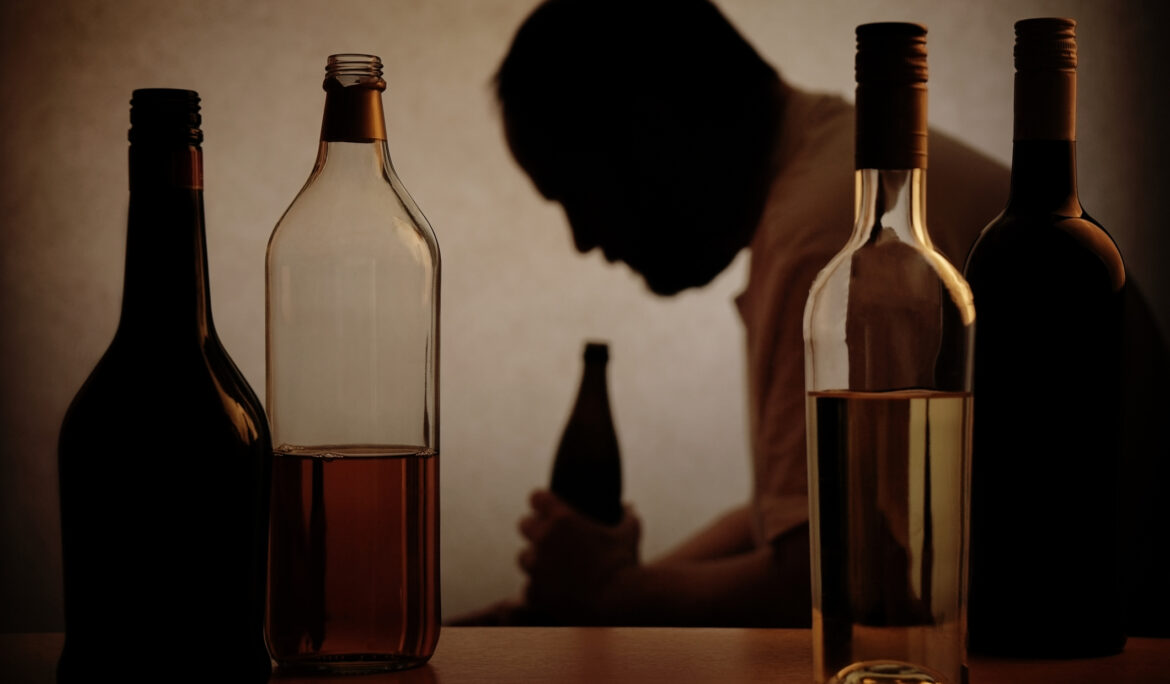The Escalation of Alcoholism: Understanding the Link Between Alcohol Abuse and Depression

Alcohol and Depression: A Vicious Cycle
Alcohol abuse and depression are often intertwined, creating a vicious cycle that can be difficult to break. Research indicates a strong relationship between the two, with each condition exacerbating the other. When individuals rely on alcohol as a coping mechanism, their mental health can deteriorate further, leading to a dangerous downward spiral.
The Science Behind the Connection
Binge drinking and alcoholism have clear connections to depression. According to Healthline, alcohol can alter brain chemistry, affecting neurotransmitters that regulate mood. Initially, alcohol may produce feelings of euphoria and relaxation. However, as dependence develops, the brain begins to rely more and more on alcohol to achieve these sensations. Without it, individuals may experience heightened depression and an inability to feel pleasure.
The National Institute on Alcohol Abuse and Alcoholism (NIH) explains that alcohol use disorder (AUD) is characterized by an impaired ability to stop or control alcohol use despite adverse social, occupational, or health consequences. This disorder not only contributes to depression but can also be a result of it. People with depression may turn to alcohol to self-medicate, further entrenching both conditions.
Recognizing the Signs
Recognizing the signs of alcohol abuse and its link to depression is crucial for seeking timely help. Symptoms of AUD include a strong craving for alcohol, continued use despite problems, and withdrawal symptoms when not drinking. Depression symptoms may include:
- Persistent sadness.
- Loss of interest in activities.
- Changes in appetite or sleep patterns.
- Thoughts of self-harm.
Seeking Help and Resources
It is important to know that there is always help and resources available for those struggling with alcohol abuse and depression. The Centers for Disease Control and Prevention (CDC) guides how to begin sobriety or reduce alcohol consumption. Steps include:
- Setting clear drinking limits.
- Seeking support from friends and family.
- Finding new activities to replace drinking.
TBYS Resources and Support
Think Before You Sleep (TBYS) offers comprehensive resources and support for individuals dealing with alcohol abuse and depression. Our programs are designed to provide the necessary tools and guidance to break the cycle of dependency and improve mental health. Whether you are looking for information on how to start your journey to sobriety or need support in managing depression, TBYS is here to help. For more information, please visit the TBYS Resource Guide.
If you or someone you know is struggling with alcohol abuse and depression, don’t wait to seek help. Visit TBYS’ website to learn more about our resources and explore our extensive resource guide. Taking the first step towards recovery can significantly affect your overall well-being and quality of life.

